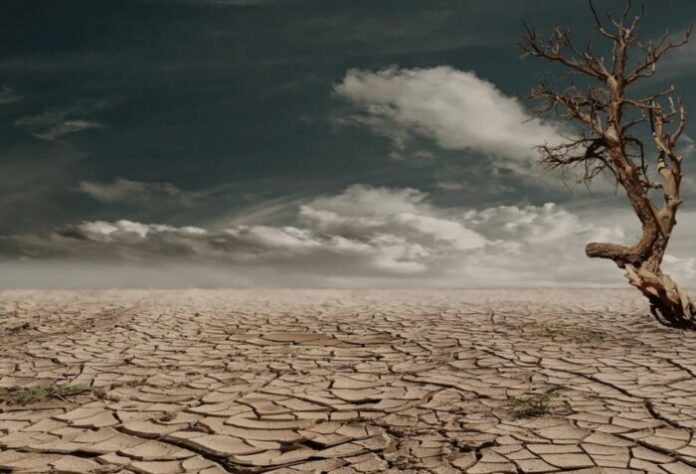
The world is increasingly at risk of “climate apartheid”, where the rich pay to escape heat and hunger caused by the escalating climate crisis while the rest of the world suffers, a report from a UN human rights expert has said.
Philip Alston, UN special rapporteur on extreme poverty and human rights, said the impacts of global heating are likely to undermine not only basic rights to life, water, food, and housing for hundreds of millions of people, but also democracy and the rule of law.
Alston’s report on climate change and poverty says the greatest impact of the climate crisis would be on those living in poverty, with many losing access to adequate food and water.
“Climate change threatens to undo the last 50 years of progress in development, global health, and poverty reduction,” Alston said. Developing countries will bear an estimated 75% of the costs of the climate crisis, the report said, despite the poorest half of the world’s population causing just 10% of carbon dioxide emissions.
“Yet democracy and the rule of law, as well as a wide range of civil and political rights are every bit at risk,” Alston’s report said. “The risk of community discontent, of growing inequality, and of even greater levels of deprivation among some groups, will likely stimulate nationalist, xenophobic, racist and other responses. Maintaining a balanced approach to civil and political rights will be extremely complex.”
The impacts of the climate crisis could increase divisions, Alston said. “We risk a ‘climate apartheid’ scenario where the wealthy pay to escape overheating, hunger, and conflict while the rest of the world is left to suffer,” he said.
Alston strongly criticises all those working to uphold human rights, including his own previous work, for not making the climate crisis a central issue. He said the most recent HRC resolution on the climate crisis did not recognise “that the enjoyment of all human rights by vast numbers of people is gravely threatened” or “the need for the deep social and economic transformation, which almost all observers agree is urgent if climate catastrophe is to be averted”.



































